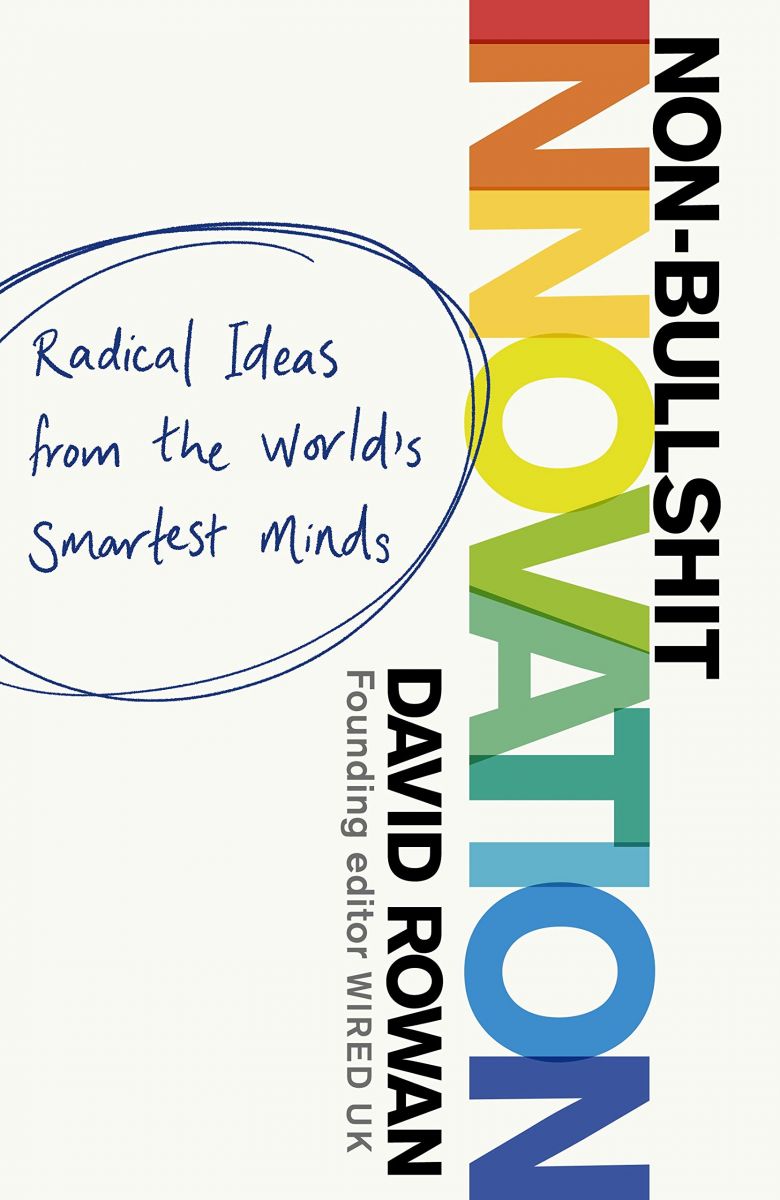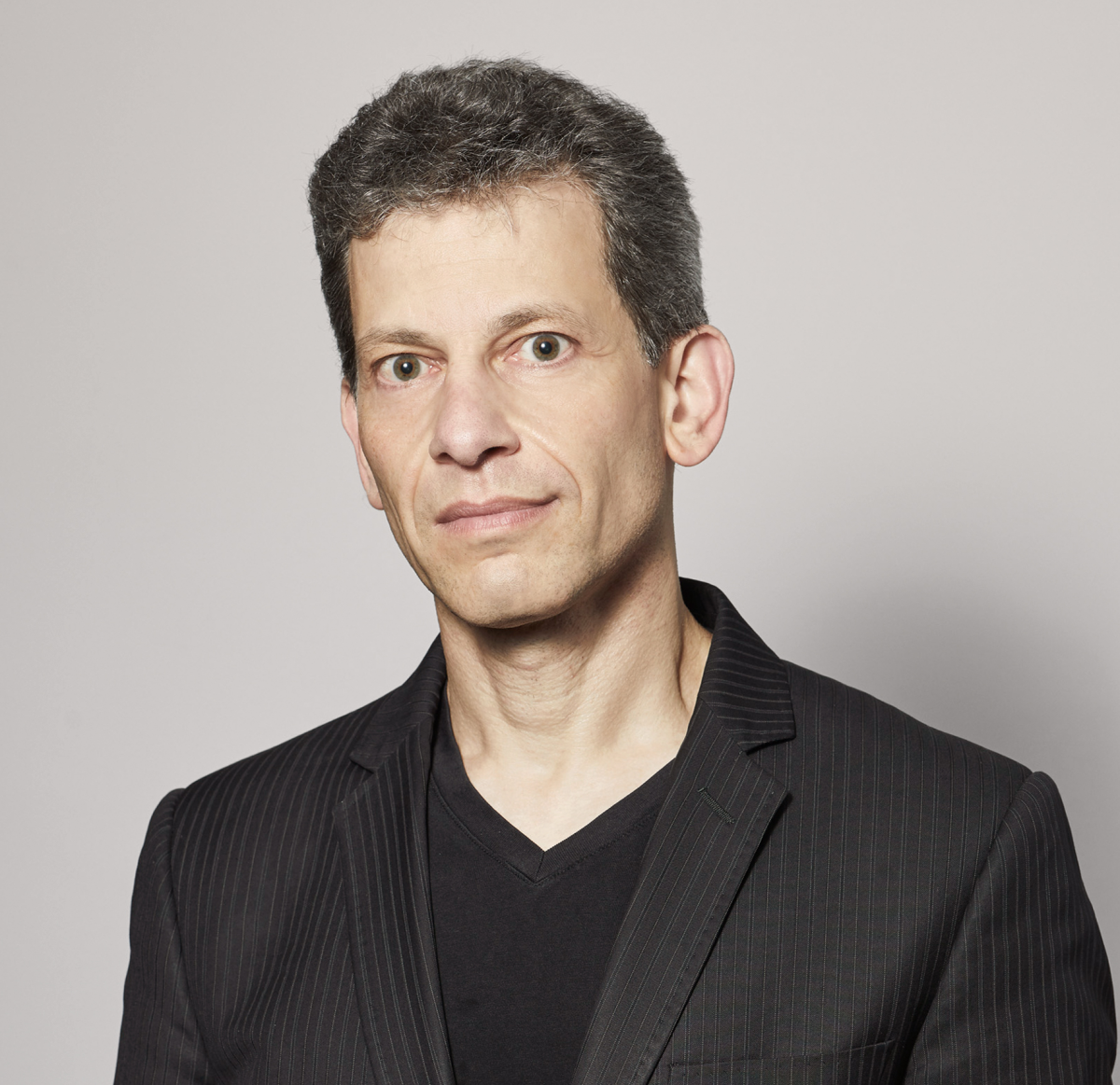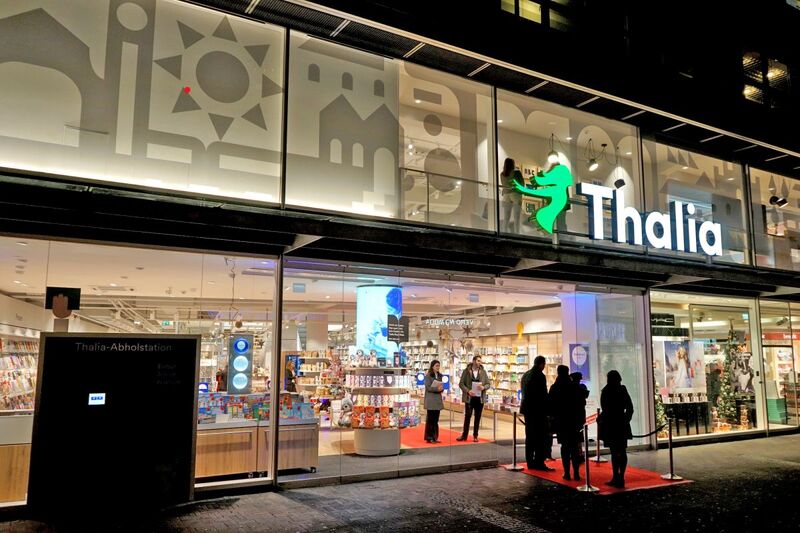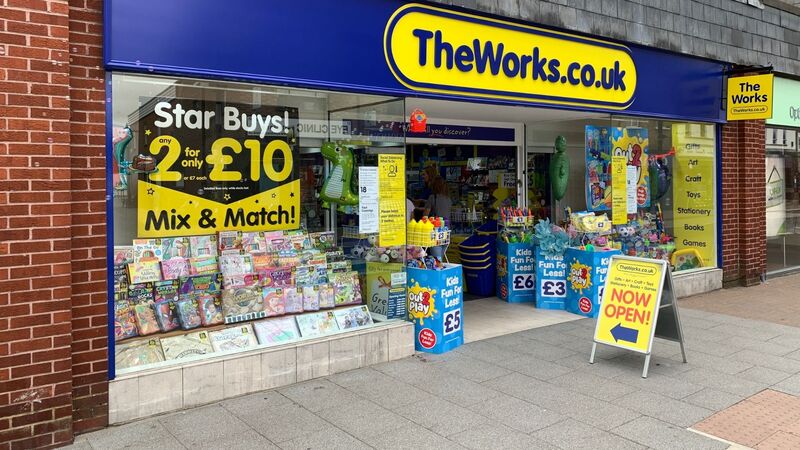You are viewing your 1 free article this month. Login to read more articles.
Bookshop profile: Heywood Hill
In the wealthy London neighbourhood of Mayfair—the Monopoly board’s most expensive square—a cosy, cluttered bookshop that has traded on Curzon Street since August 1936 has found a delightfully counter-intuitive way to thrive in challenging times.
The Heywood Hill bookshop, a neighbourhood fixture nestled between Geo F Trumper, selling gentlemen “all manner of toilet requisites”, and Pastor Real Estate, listing a small two-bedroom Curzon Street attic for £2.5 million, has faced some troubled years.
Not even a 2011 Royal Warrant for purveying books to the Queen could disguise a stark truth: up against Amazon and other discount retailers, a rented shop selling new and old books here could not make a viable business. No matter that John le Carré boosted the shop’s fame by setting a scene here in his 1974 spy novel, Tinker Tailor Soldier Spy; nor that the novelist and socialite Nancy Mitford worked here for £3 10s a week from 1942 to 1945, as the blue plaque above the door celebrates. Passing trade continues to decline, and a looming rent review is causing anxiety. When Nicky Dunne took over the business that’s owned by his father-in-law, the 12th Duke of Devonshire (Mitford’s nephew), in 2011, he knew something had to change.
“I started on the shop floor thinking: ‘Is there any future for a bookshop? Why would you come to a bookshop?’ Amazon was doing very well, Waterstones not that well, and the e-book had reared its head.” Dunne, an outsider to the literary world, having worked as a political consultant, then made an astute observation.
“Sitting here behind the desk, where Nancy Mitford used to sit, talking to customers, I realised that we had an unbelievable group of people coming through the door—international, affluent, English-speaking, leaders of businesses, people at the top of their field and across cultures. It made for an interesting day. I thought: ‘There’s something here. What could we do that would be useful to them?’”
Dunne, now 48, saw Heywood Hill as “a pilot fish on the literary culture”—swimming around with the sharks, but too small to compete either with the discounters or the established antiquarian dealers. But then it struck him. If Heywood Hill’s expertise in selling books was no longer viable, why not reframe its expertise around recommending books? Why not turn a retail business into a curation service, using the knowledge of its specialist booksellers to create bespoke libraries for discerning customers, while also promoting a personalised book-subscription offering? “Rather than your coming here to choose your next book, we’ll choose one for you based on what you tell us about your taste,” Dunne explains, in his crisp, educated English tones. “It becomes the most personalised book subscription there is. Not an algorithm, but a human rhythm, as we call it.”
The idea, ironically, was partly prompted by his casual reading in the shop of Karl Marx. In Das Kapital, Marx observed that mechanisation would turn 19th-century workers into the system’s “conscious linkages”. This was a new phrase to Dunne, but it made him reflect that human beings make conscious linkages rather than algorithmic and mechanistic ones. “You don’t want to just read about Burke, you might want a bit of P G Wodehouse in your life too.” And so A Year In Books, the Heywood Hill subscription service, was born.


Tailor made
For £950, you can sign up for the Anglophile Subscription, receiving four elegantly packaged boxes of British books over the year, tailored to your particular reading tastes.
If you’d prefer a personally selected monthly hardback, £390 will buy you a reading consultation followed by 12 gift-wrapped books, sent with a Cressida Bell-illustrated bookmark. There are five full-time booksellers working on the subscription service from the shop’s downstairs room: each of them reads between 100 and 200 books a year, and in their monthly huddle they hand-pick what they consider an exceptional book to suit a particular subscriber’s reading taste. “And what’s nice about this service,” Dunne tells me, “is that it’s really taken off.”
The fact that it took three months before Dunne had time to see me suggests that things are indeed looking up. When I finally get an appointment, he won’t reveal how many subscribers there are, only that “it’s in the thousands, paying on average £265 each, in advance —which is transformative for cashflow”. In the company’s published annual accounts, advance sums for A Year In Books subscriptions were listed at £350,763 for 2017, and growing fast year on year.
This is the opposite of Amazon’s book recommendation algorithm. “The booksellers are absolutely to a woman passionate and deep readers,” Dunne explains. “Their room downstairs is like a Booker jury room every day of the week. They’re thinking: ‘What did David Rowan have last month? I might get him this William Shaw book. Has anyone read it?’ They do this all day long, and then books get shipped out to 75 countries.”
And then there is the bespoke library service. Dunne had the idea after seeing his wife’s grandfather, Andrew Cavendish, the 11th Duke of Devonshire, building a library in Ireland when in his eighties. Dunne then met the Hong Kong businessman David Tang, who created an endurance-themed library for his wife after she had taken up marathon running, and declared it to be the best present he ever gave her. So the bookshop began experimenting, taking on projects such as a 3,000-book library on the history of Modernism for a wealthy client’s Swiss mountain chalet. Dunne and his team are too discreet to discuss their clients, but I learn from elsewhere that the budget was approaching £500,000.
“The Swiss library was a proof of concept for us,” Dunne recalls. “We’ve created two more libraries for that client in Los Angeles since then, as presents for other people. Since then we’ve put libraries on aeroplanes, cruise ships, hotels; this month we’re completing three or four libraries, one on rowing as a present for someone who rowed for Harvard and Cambridge, another on the history of capitalism for a fund manager, mostly the people who have moved the markets. The common denominator is that these clients really love books.”
Balancing the books
A separate libraries team spends time getting to know the client, listening, understanding their interests. The team draws up an initial proposal, which often gets tweaked, along with various budget options. The entry point is £10,000, but that can go up to seven figures. The team then goes out to source the books. Unlike traditional book- dealing, there’s very little financial risk as they buy only books that have been pre-agreed.
Dunne’s entrepreneurial energy has shown that redefining a retail business as a service business can have a transformative impact. Heywood Hill is still a small business, but it’s one with a renewed confidence. “We like to think we’re the biggest little bookshop in the world, a cross between ‘Black Books’ and ‘Downton Abbey’,” he says with a smile. “I even wrote a mission statement—people here go cross-eyed when I say that phrase—that we sell good books, old and new, to readers and collectors world- wide in innovative ways. And we’re getting some creative energy into this space—that’s what I love.”
I ask him how business is. “Right now I feel the most optimistic I’ve ever felt about it,” he replies jauntily. “It’s looking very positive indeed. No one’s getting rich here, but we are growing, creating jobs, and the business is on a firm financial footing, and it wasn’t before. I’m feeling quite pleased about all of that.”


David Rowan’s Non-Bullshit Innovation: Radical Ideas from the World Smartest Minds was published by Bantam Press on 16th May, and is priced £20.














